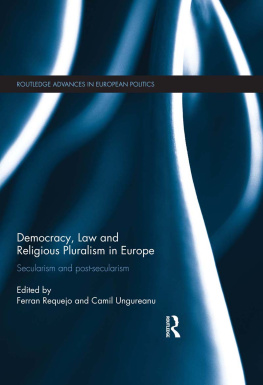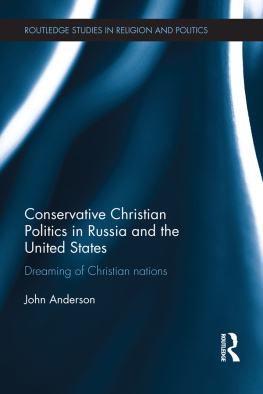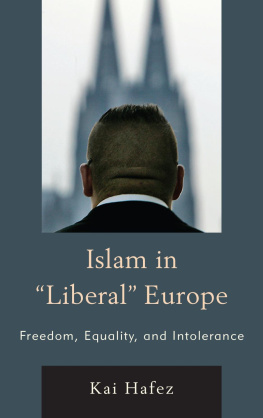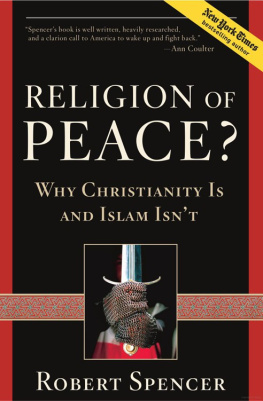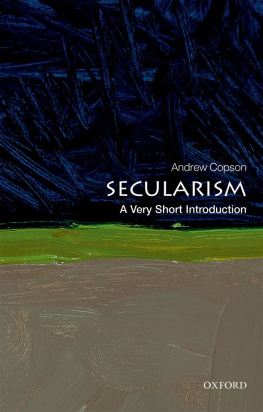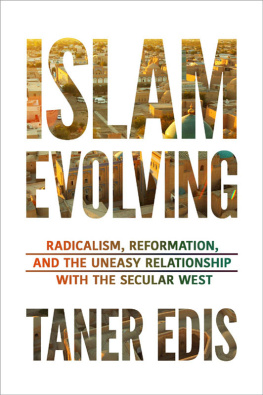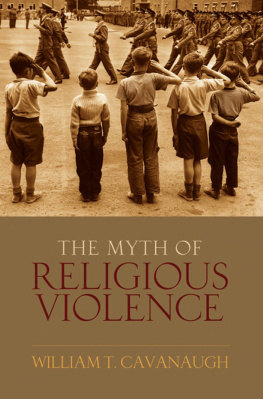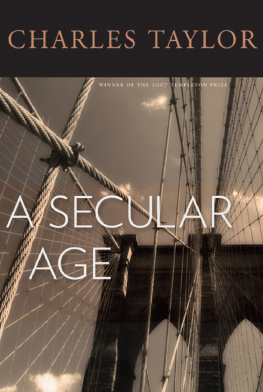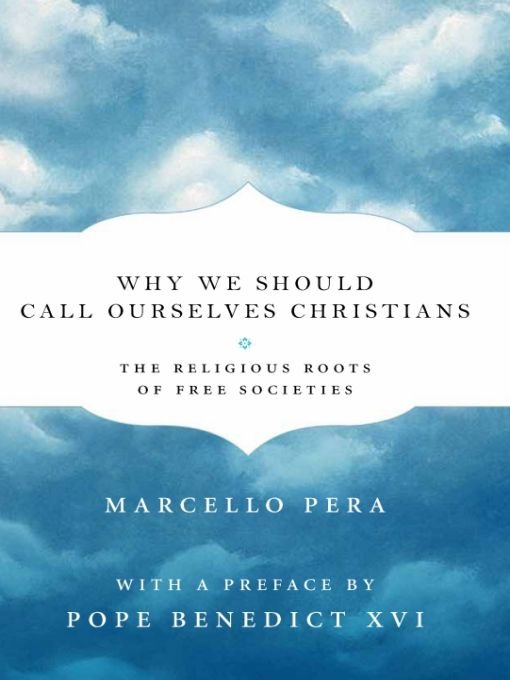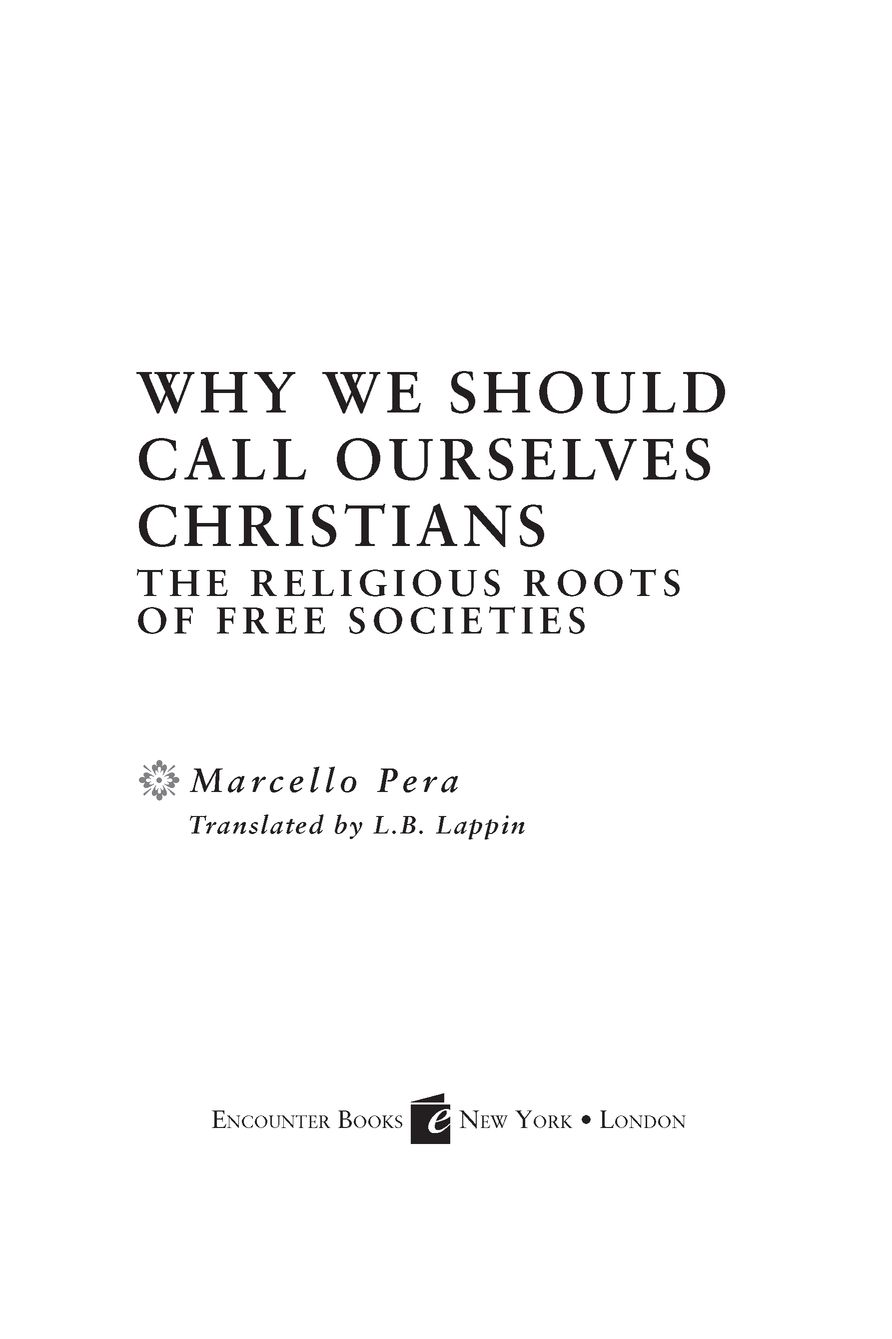Marcello Pera - Why We Should Call Ourselves Christians: The Religious Roots of Free Societies
Here you can read online Marcello Pera - Why We Should Call Ourselves Christians: The Religious Roots of Free Societies full text of the book (entire story) in english for free. Download pdf and epub, get meaning, cover and reviews about this ebook. year: 2011, publisher: Encounter Books, genre: Religion. Description of the work, (preface) as well as reviews are available. Best literature library LitArk.com created for fans of good reading and offers a wide selection of genres:
Romance novel
Science fiction
Adventure
Detective
Science
History
Home and family
Prose
Art
Politics
Computer
Non-fiction
Religion
Business
Children
Humor
Choose a favorite category and find really read worthwhile books. Enjoy immersion in the world of imagination, feel the emotions of the characters or learn something new for yourself, make an fascinating discovery.

- Book:Why We Should Call Ourselves Christians: The Religious Roots of Free Societies
- Author:
- Publisher:Encounter Books
- Genre:
- Year:2011
- Rating:5 / 5
- Favourites:Add to favourites
- Your mark:
Why We Should Call Ourselves Christians: The Religious Roots of Free Societies: summary, description and annotation
We offer to read an annotation, description, summary or preface (depends on what the author of the book "Why We Should Call Ourselves Christians: The Religious Roots of Free Societies" wrote himself). If you haven't found the necessary information about the book — write in the comments, we will try to find it.
The intellectual and political elite of the West is nowadays taking for granted that religion, in particular Christianity, is a cultural vestige, a primitive form of knowledge, a consolation for the poor minded, an obstacle to coexistence. In all influential environments, the widespread watchword is We are all secular or We are all post-religious. As a consequence, we are told that states must be independent of religious creed, politics must take a neutral stance regarding religious values, and societies must hold together without any reference to religious bonds. Liberalism, which in some form or another is the prevailing view in the West, is considered to be free-standing, and the Western, liberal, open society is taken to be self-sufficient.
Not only is anti-Christian secularism wrong, it is also risky. Its wrong because the very ideas on which liberal societies are based and in terms of which they can be justifiedthe concept of the dignity of the human person, the moral priority of the individual, the view that man is a crooked timber inclined to prevarication, the limited confidence in the power of the state to render him virtuousare typical Christian or, more precisely, Judeo-Christian ideas. Take them away and the open society will collapse. Anti-Christian secularism is risky because it jeopardizes the identity of the West, leaves it with no self-conscience, and deprives people of their sense of belonging. The Founding Fathers of America, as well as major intellectual European figures such as Locke, Kant, and Tocqueville, knew how much our civilization depends on Christianity. Today, American and European culture is shaking the pillars of that civilization.
Written from a secular and liberal, but not anti-Christian, point of view, this book explains why the Christian culture is still the best antidote to the crisis and decline of the West. Pera proposes that we should call ourselves Christians if we want to maintain our liberal freedoms, to embark on such projects as the political unification of Europe as well as the special relationship between Europe and America, and to avoid the relativistic trend that affects our public ethics. The challenges of our particular historical moment, as Pope Benedict XVI calls them in the Preface to the book, can be faced only if we stress the historical and conceptual link between Christianity and free society.
Marcello Pera: author's other books
Who wrote Why We Should Call Ourselves Christians: The Religious Roots of Free Societies? Find out the surname, the name of the author of the book and a list of all author's works by series.

